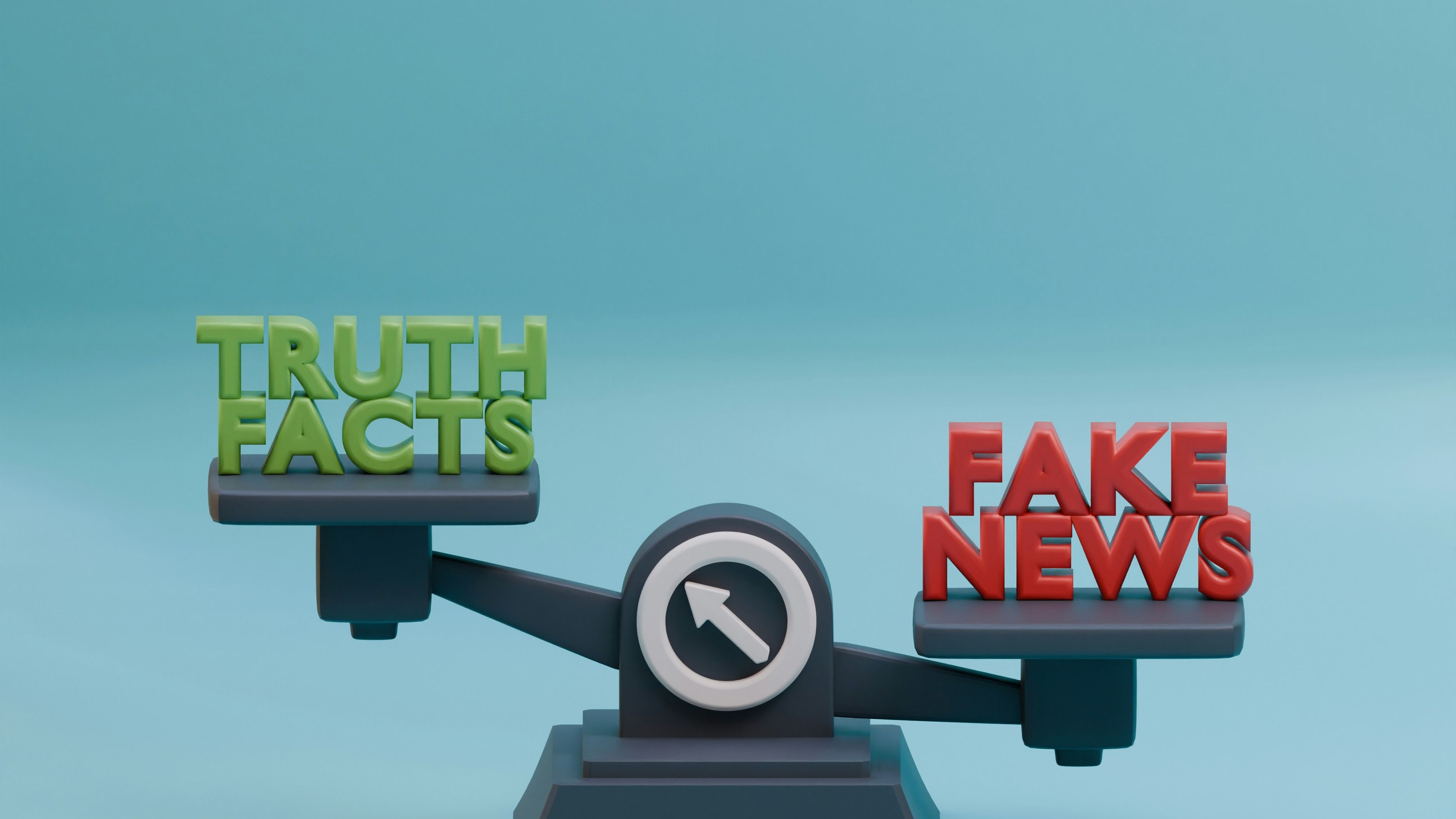New Study Links Cognitive Style to Misinformation Detection
Sep 18, 2025
Do some people spot misinformation more easily than others?
In a study just published on PLOS, an open science publisher, researchers have found that the biggest predictor is a "Need for Cognition" which is how much people enjoy thinking hard. People who scored highly for this trait were far more likely to correctly detect false health claims online.
That makes sense to us.
Our mindflint framework divides cognition into two hemispheres:
-
The Ideas hemisphere (Ideator, Translator, Refiner, Custodian) are cognitive modes that thrive on analysis, coherence, and evidence.
-
The Influence hemisphere (Catalyst, Navigator, Mobiliser, Builder) are modes that thrive on people, action, and social dynamics.
Having a high "Need for Cognition" would lean you toward the Ideas hemisphere. This is where the mental bias for deep thinking is already strong. Which makes you less likely to be swayed by misinformation.
We've always had a view that the Custodian, in particular, is pretty much immune to propaganda and group think, and this research definitely seems to support that.
But it's worth remembering that the facts don't win by themselves. If we want to counter misinformation, we also need the Influence hemisphere to translate those insights into trust, persuasion, and behaviour change.
In other words.
Ideas modes help us understand the facts.
Influence modes help people to believe them.
So combating misinformation isn't a solo sport. When we combine different FlintModes, we’re better equipped as a society to navigate a world that's full of spin and outrage-bait.
The original article also dives into political affiliations, which I'm steering clear of for this post! But if you would like to read more, the study is here.

